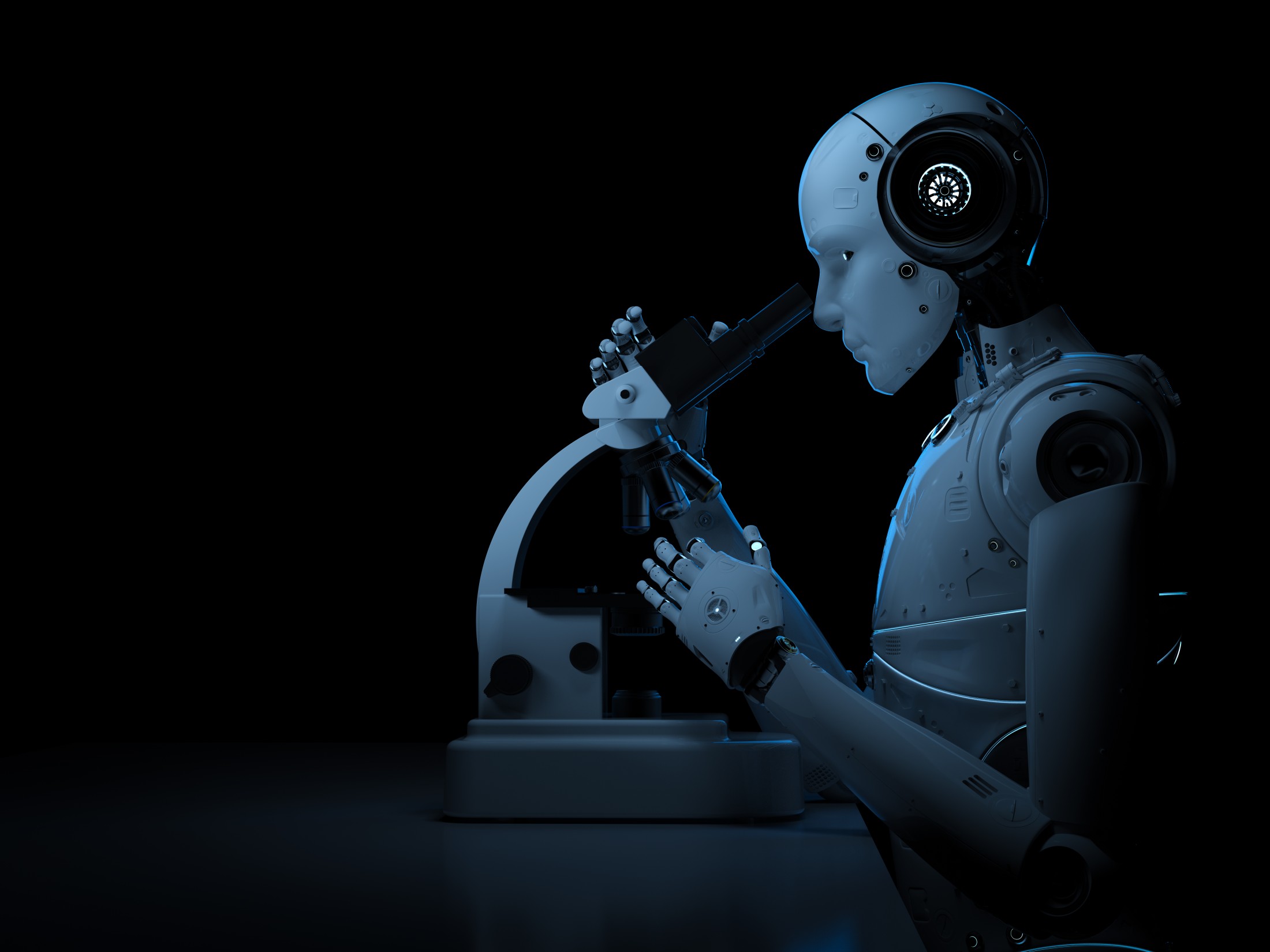AI’s Transformative Role in Advancing Science: A New Era of Discovery

The integration of artificial intelligence into science is not a recent phenomenon but rather a long-term aspiration. The potential of AI to revolutionize science has been a motivating force for decades, inspiring pioneers like Alan Turing and Christopher Longuet-Higgins, and fueling the work of today’s leading researchers at Google DeepMind and Google Research.
The excitement surrounding AI in science stems not from the belief that it will replace scientists but from its unparalleled ability to address complex problems. AI serves as a powerful ally, leveraging computational techniques to tackle confounding scientific challenges that have eluded traditional methods for decades.
Historically, computational approaches have proven transformative. Hodgkin and Huxley’s Nobel Prize-winning work in 1963, which described how nerve impulses travel along neurons, demonstrated the early promise of computational science. Fast forward to today, and the groundbreaking achievements of AlphaFold, led by Demis Hassabis and John Jumper, underscore AI’s evolving role in solving fundamental scientific problems like the "protein-folding problem."
AI’s impact on science can be summarized in three transformative ways:
Speed: AI enables researchers to condense centuries of scientific progress into months or even days.
Scope: AI expands research horizons, allowing scientists to analyze vast datasets and explore complex systems simultaneously.
Accessibility: AI democratizes scientific research, empowering more people to contribute to discoveries and innovations.
AlphaFold: Unlocking the Mysteries of Life
AlphaFold has revolutionized biology by predicting the structure of over 200 million proteins with remarkable accuracy. Its successor, AlphaFold 3, has extended its capabilities to encompass all of life’s bio-molecules, including DNA, RNA, and ligands. To date, AlphaFold has been accessed by over 2 million researchers in more than 190 countries, advancing work on neglected diseases, drug-resistant bacteria, and other critical challenges.
Advancing Genomic Research
Building on the success of the Human Genome Project, Google Research and collaborators released the first draft reference human pangenome, which incorporates 47 genomic assemblies to better represent human genetic diversity. This achievement has paved the way for more inclusive and comprehensive genetic research.
Neuroscience Breakthroughs
In a collaboration with the Max Planck Institute and Harvard's Lichtman Lab, Google Research mapped a nano-scale piece of the human brain, revealing previously unseen structures. This groundbreaking dataset could transform our understanding of neurological disorders like Alzheimer’s and open new avenues for treatment.
Climate Science and Adaptation
AI has enabled significant advancements in climate modeling and disaster response. NeuralGCM, an innovative climate model, simulates atmospheric changes 3,500 times faster than traditional methods, providing crucial insights for mitigation strategies. Similarly, AI-powered flood forecasting now predicts riverine flooding up to seven days in advance, benefiting over 700 million people globally.
Quantum Computing’s Role in Scientific Discovery
Quantum AI is making strides in previously speculative areas, such as studying traversable wormholes. This bidirectional relationship between quantum computing and AI is helping to validate theories of quantum gravity and push the boundaries of both fields.
Healthcare Innovations
AI has proven its value in disease detection and prevention. For instance, AI-powered retinal scans for diabetic retinopathy have been used in over 600,000 screenings worldwide, with new partnerships in Thailand and India set to expand this to 6 million screenings over the next decade. Other notable applications include early detection of tuberculosis, colorectal and breast cancer, and improved maternal health outcomes.
Climate Mitigation
In collaboration with American Airlines, Google Research developed an AI model to predict contrail formation, reducing aviation emissions by 54% during pilot tests. This innovation exemplifies how AI can contribute to environmental sustainability while maintaining operational efficiency.
Despite these achievements, we are just scratching the surface of AI’s potential in science. To fully harness its capabilities, three priorities must guide our efforts:
Enhancing AI’s Limitations: Address current shortcomings in AI models, such as biases and inaccuracies, and increase their capacity for generating novel scientific theories and experiments.
Ensuring Responsible AI: Develop AI with a sustained commitment to the scientific method and ethical practices, addressing risks like misuse in bioweapons, privacy concerns, and environmental impact.
Expanding Accessibility: Make AI tools and resources available to a broader range of scientists, ensuring that progress benefits communities worldwide.
AI is not just a tool but a transformative force that amplifies human ingenuity and scientific collaboration. By working together—scientists, ethicists, policymakers, and technologists—we can advance science in ways that benefit humanity as a whole. This is just the beginning of an extraordinary journey, and the potential for discovery is limitless.